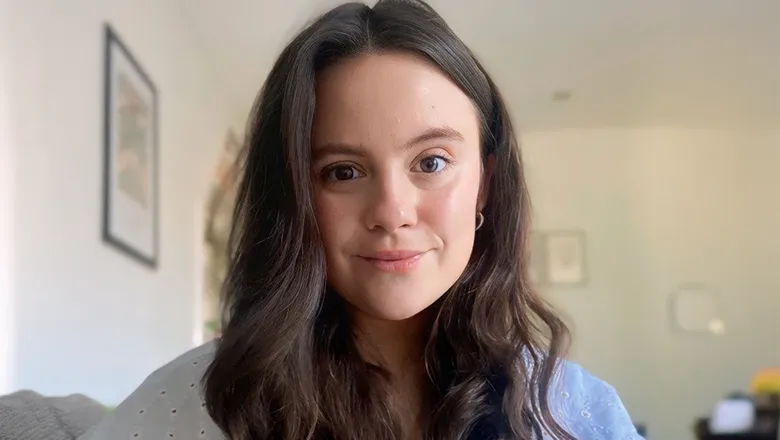This year, we’ve actively involved students in our policy-making process, gathering their insight and opinions for a proposal on the potential role of mediation as part of a conflict-resolution process.
The idea came from discussions between staff and members of our King’s Student 100 earlier this year. The Student 100 is a leadership programme of around 100 students who engage with King’s to shape our future community.
During a co-creation and listening exercise with our Equality, Diversity & Inclusion team, students expressed they wanted to consider how and when mediation could resolve problems between students.
Mediation is a process involving someone impartial – a mediator – to facilitate conversation between two people in disagreement, helping them communicate effectively and work towards a solution that suits everyone.
Student 100 members felt mediation could address a gap in King’s approach to resolution in situations where the typical complaints raising process felt too formal or less appropriate.
How did the students do it?
10 of the Student 100 who were interested in mediation, were tasked with writing a short report with recommendations for King’s on how mediation could and should be implemented.
They began by conducting a literature review: scoping out policies and best practice on mediation from universities across the UK, before meeting during the summer to discuss their findings. Together, they wrote their report and submitted it to Lily Patrick-Wanford, a Project Manager in the EDI Team overseeing the review.
 D.A. Nguyen, a student in King's Business School
D.A. Nguyen, a student in King's Business School
D.A. Nguyen, a student in King’s Business School, focused on the synergy between staff and students in this area: “I helped scope UK best practice in student mediation, distilling diverse models into clear, evidence-based recommendations for King’s. My focus was finding peer-led and staff-led schemes and identifying success factors.”
The students’ report made several recommendations on many aspects, such as training, eligibility and supervision.
Benefits of co-creating with students
We believe it’s important to have your insights into policies that may impact you, especially during challenging times. By involving you in this process, it helps us make sure our procedures are student-centred and benefiting from your current lived experiences of student life.
Additionally, research published by the Office for Students suggests that policies and teaching resources co-created with students are more effective at engaging students than those without their input.
This thinking is reflected in feedback from students who worked on the project with Lily.
“Students are the primary stakeholders in campus conflict-resolution systems; designing a service without their insight risks low trust and low uptake,” says D.A.. “Co-creation ensures the process feels accessible, equitable, and genuinely responsive to the lived realities of King’s diverse community.”
 Lily Patrick-Wanford, Project Manager in King's EDI team
Lily Patrick-Wanford, Project Manager in King's EDI team
Lily agrees: “Putting students at the heart of our support initiatives and interventions is key, which is why I was thrilled to co-create these plans with my King’s 100 student colleagues.”
What are the next steps?
Lily and her colleagues in the EDI team are currently working on the formal proposal. This will be considered by the University’s Anti-bullying & Harassment Oversight Group, made up of senior colleagues across staff and student support services.
The students who worked on the report have also been invited to present their findings to the Oversight Group, keeping them involved in policymaking at a strategic level.
Interested in helping shape our community?
Keep an eye on our Student News Hub and your faculty or department newsletters for future opportunities.